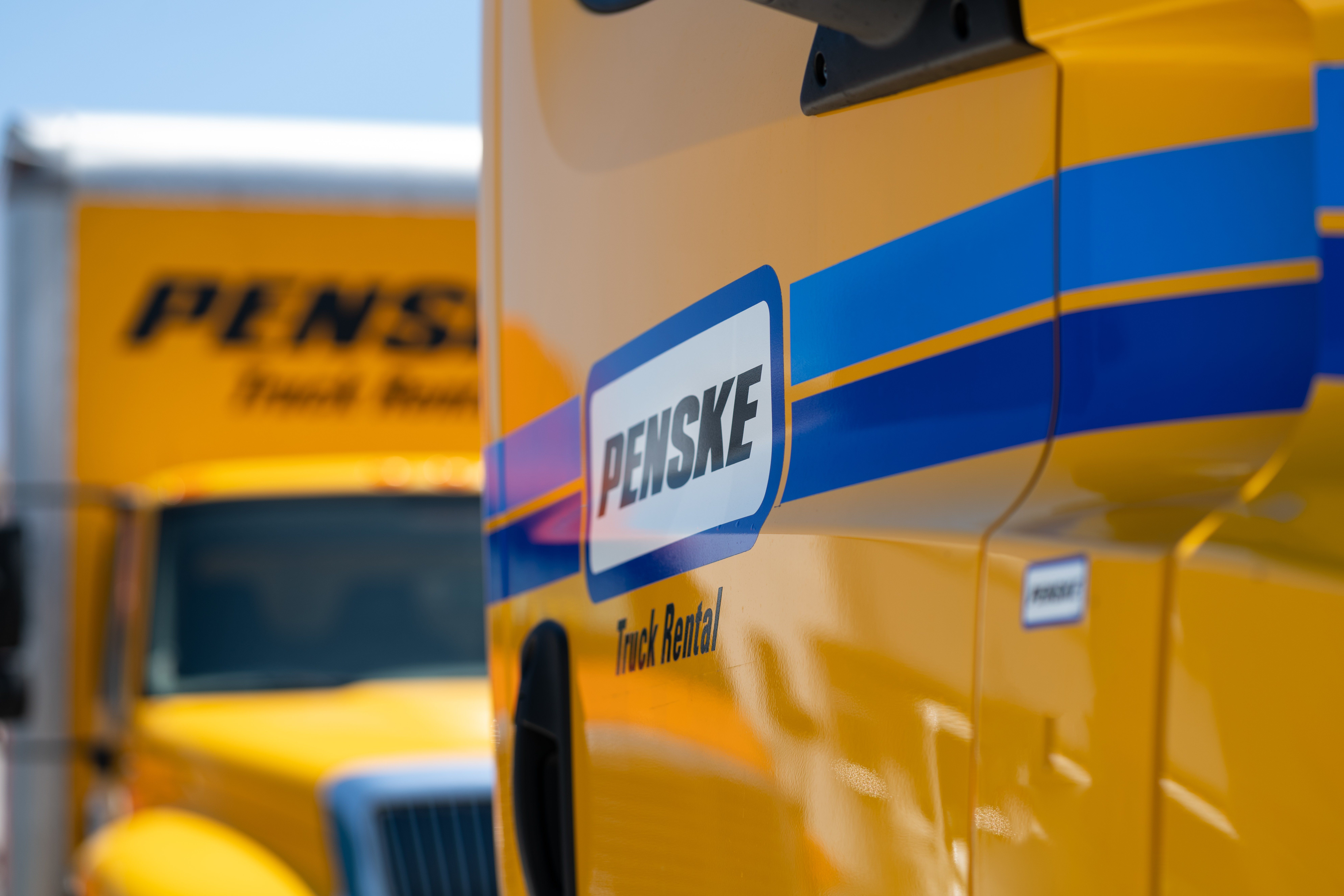CDL vs. Non-CDL Truck Rentals
What's the difference between a CDL truck rental and Non-CDL commercial truck rental?
A CDL, or commercial driver's license, is required to drive certain trucks.* CDLs are most often held by professional truck drivers and other commercial vehicle operators. This type of license is different from a typical Class D driver's license, which is the license most drivers use for passenger vehicles. A Class D license allows you to drive your car, crossover, SUV, minivan or whatever personal vehicle you may choose. It also allows you to drive light-duty and some medium-duty trucks and lighter-weight box trucks.
A CDL, on the other hand, requires a greater amount of training for the driver, as well as specialized testing, certifications for handling specific types of freight, and the meeting of specific federal and state regulatory requirements. A CDL is required when driving and renting a heavier vehicle for commercial deliveries. These vehicles may include some medium-duty trucks and all heavy-duty tractor-trailers.
What Determines a CDL or Non-CDL Vehicle?
Two types of CDL licenses are important to understand when renting a vehicle — Class A and Class B. (To learn more about the classes of commercial driver's licenses, visit the Federal Motor Carrier Safety Administration's [FMCSA] website. The requirement for a CDL comes down to these four letters: GVWR, which stands for Gross Vehicle Weight Rating. It's the maximum operating weight for a vehicle. A manufacturer determines its trucks' GVWR based on various specifications, including the type of engine, fuel, passengers, and cargo-hauling capabilities. A vehicle often lists a weight rating for its front and rear axles on the inside doorjamb. Add those two numbers together, and you get your vehicle's GVWR.
Put simply, GVWR is the maximum loaded weight allowed, and the FMCSA has determined that any truck used to transport passengers or property with a GVWR of 26,001 lb. or more is a commercial motor vehicle.
How Does GVWR Impact My Commercial Truck Rental?
Penske commercial truck rental vehicles come in all shapes and sizes. For some, a CDL is required to rent them. Here's a breakdown on how to determine if the truck or semi-tractor you want to rent requires a CDL or not**:
- Light-duty – For light-duty truck rentals, you do not need a CDL. These include 12-foot cargo vans, high-roof cargo vans, 12- and 16-foot box trucks, and 16- and 18-foot cabover trucks.
- Non-CDL medium-duty – You do not need a CDL to rent any Penske medium-duty 22- or 26-foot box truck, 18- or 26-foot refrigerated truck, or 24- or 26-foot flatbed truck with a GVWR of 26,000 lb. or less.
- CDL medium-duty – This is where it becomes a bit tricky. You do need a CDL to rent the same size medium-duty truck (22- or 26-foot box truck, 18- or 26-foot refrigerated truck, or 24- or 26-foot flatbed truck) if it has a GVWR of 26,001 lb. or more.
- Heavy-duty – For heavy-duty truck and semi-trailer rentals, you do need a CDL. These include single-axle and tandem-axle day cab tractors and tandem-axle sleeper cab tractors and 48- and 53-foot trailers.
No matter your needs — CDL or non-CDL — Penske has the right rental truck, tractor or semi-trailer for you. If you're not sure, our commercial truck rental specialists are available to help you make the choice as you select the vehicle that will get the job done and fit your driver's needs. Ready to rent a commercial truck? Get a quote. Or, you can call 844-906-3404 to speak to one of our rental specialists.
*You must be 18 years of age or older to rent a Penske commercial truck. All authorized drivers must be at least 21 years of age to purchase Supplemental Liability Insurance coverage.
**These specifications are based on Penske's most commonly requested vehicles and may vary by make, model and year.
